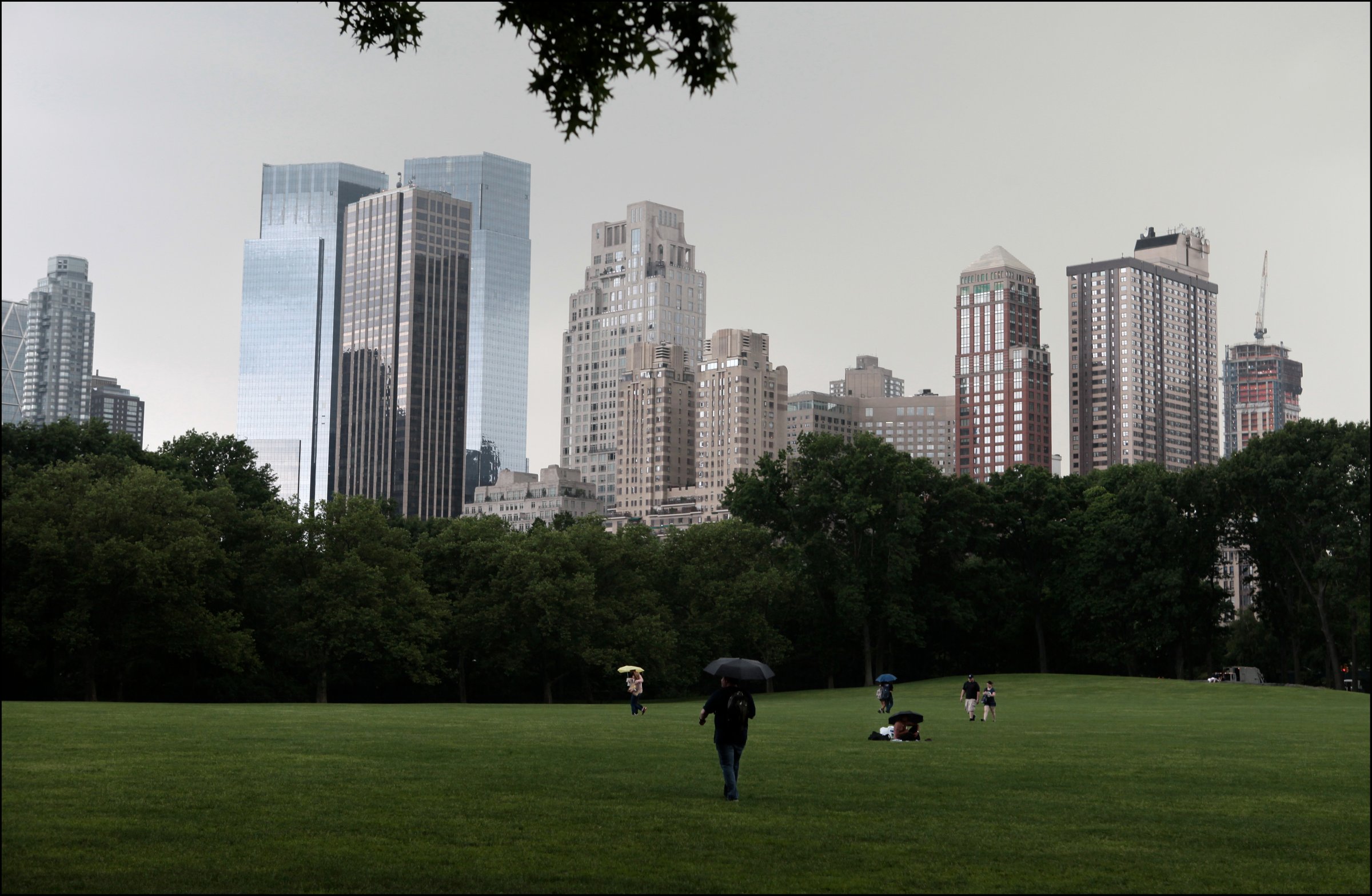
I lived for nine years in London, starting in the late 1990s. During that time, I watched many of the prime areas of the city—Mayfair, Hampstead, Knightsbridge—being bought up by Russia oligarchs looking for a place to expatriate their money. More recently, that’s happened in the U.S. too. There are entire buildings in New York, like 15 Central Park West, that are populated by rich Russians looking to diversify their portfolio outside of their increasingly tumultuous home country.
Now, with US and European sanctions on the movement of money in and out of Russia, are we may start to see a shift in ownership in some of the world’s top real estate markets. The question is, “what difference will this really make to the economic situation in Russia?” My feeling: not much. One of the reason that sanctions are so far concentrating on asset flows, rather than the really important stuff like oil and gas exports, is that Europeans aren’t on board with playing a game of petro-politic chicken with Putin. They get 30% of their energy flow from Russia, and are much more vulnerable to the negative effects of such a game, in the form of higher energy prices or gas shortages. This means that one of the few levers the West has against Putin right now is targeting financial flows of Russian billionaires.
One thing that will be interesting to see, as the sanctions move forward, is just how much money the oligarchs have actually stashed abroad, which is a good measure for how risky they think their own economy is. It’s no accident that many emerging market billionaires in places like China, Brazil, and Turkey have begun moving more money abroad in recent years, as political risk in such emerging markets increase, and returns decrease. For more on this topic, listen to the latest episode of Money Talking, where I discuss it with the New York Times’ Joe Nocera, and Charlie Herman:
More Must-Reads From TIME
- The 100 Most Influential People of 2024
- The Revolution of Yulia Navalnaya
- 6 Compliments That Land Every Time
- What's the Deal With the Bitcoin Halving?
- If You're Dating Right Now , You're Brave: Column
- The AI That Could Heal a Divided Internet
- Fallout Is a Brilliant Model for the Future of Video Game Adaptations
- Want Weekly Recs on What to Watch, Read, and More? Sign Up for Worth Your Time
Contact us at letters@time.com